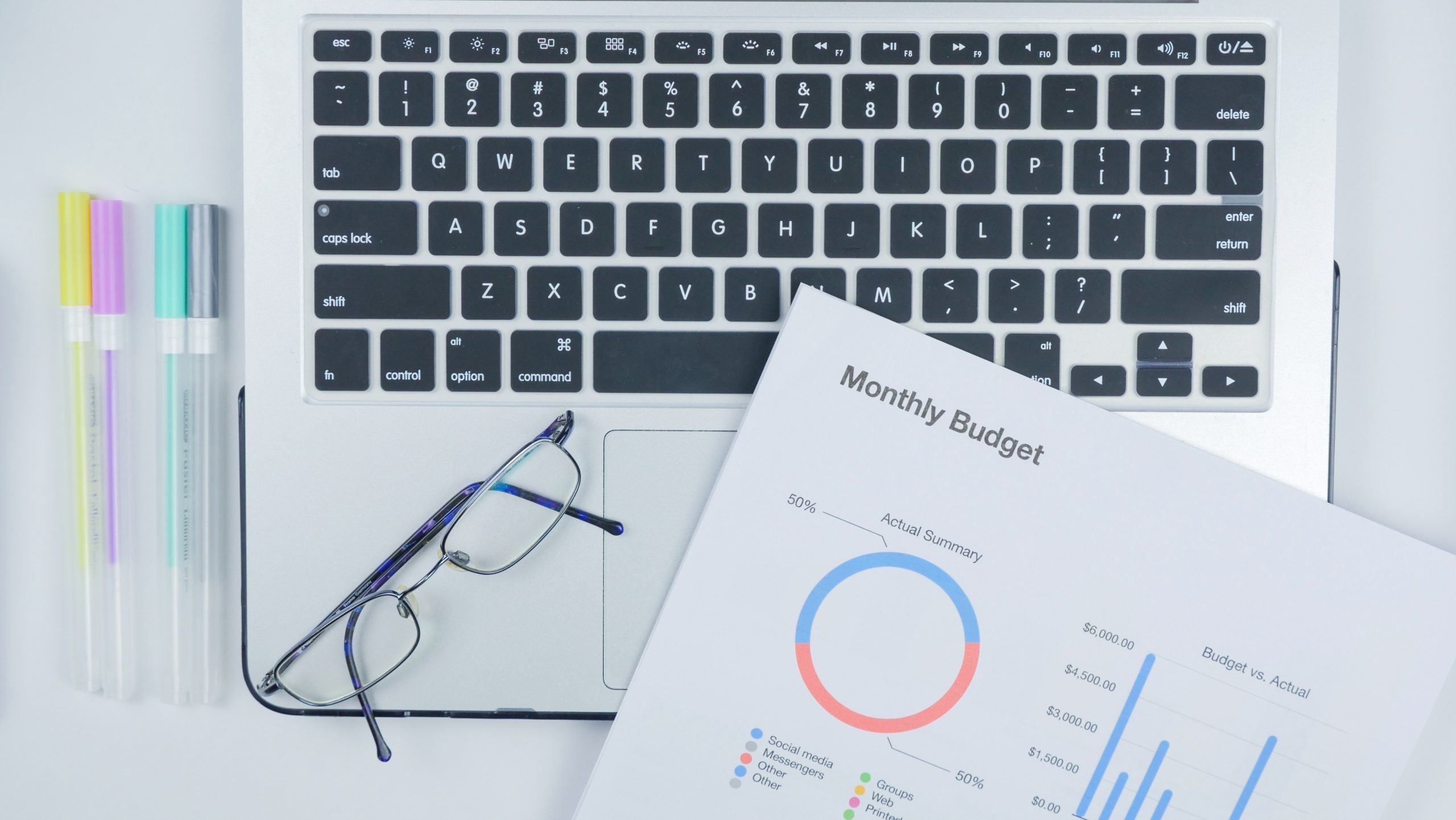Do you feel out of control when it comes to your personal finances? If you feel like you don’t have power over your financial wellbeing, it’s time to make some changes. Even if you’re living paycheck to paycheck, there’s plenty you can do to reduce debt, spend your money more wisely, and generally make sure that your money is working for you.
Not sure where to start? Check out the following tips for some easy things you can do today to put yourself on the road to financial independence.
- Set up a budget.
The backbone of financial wellbeing is a budget. If you do not have a budget, make one now. If you already have one, think about the last time you revised it—it’s probably a good idea to revisit it and see if your categories and limits still make sense.
To create a budget, add up your monthly income and necessary monthly expenses like rent or your mortgage, insurance, transportation, utilities, and food. You may need to spend a few weeks reviewing your buying habits and monthly bills to come up with an accurate total for some of these categories, especially food.
Once you have accurate totals, the difference between your income and expenses needs to be accounted for in terms of saving, investing, and having fun. Revisit your budget whenever your financial situation changes and ideally at least annually since your financial goals may change over time. Be sure your budget is moving you closer to your personal goals.
- Increase your emergency fund.
An emergency fun is your primary tool for staying out of debt. This fund is meant to cover unexpected expenses so that you do not need to go into debt to do so, whether that means taking out a loan or charging the expense on a credit card. The right amount of money to have in an emergency fund changes between people, but you should ideally have enough to cover your expenses for at least three months in the event you lose your income source.
One of the key things you can do to increase your financial security is to add more money to this fund—even if only slowly, over time. When you’ve built up a nice financial cushion, you’ll have less anxiety and stress about being able to afford unexpected expenses like your car breaking down.
- Account for all your debt.
Paying off debt requires a clear strategy. The first thing you should do as you formulate a debt payoff strategy is to account for all the debt you have. Write down all the open accounts you have, the current balances, and the interest rate you pay.
As you pay down your debt, focus on the accounts with the highest interest rate first, since these are your most expensive debts. Many people struggle with debt and dealing with it effectively only becomes possible when you have a clear idea of exactly what you owe. Arrange your debt by interest rate and use that as a guide for where you should focus the money in your budget meant for paying off debt.
4. Avoid automatic spending.
It’s so easy to spend money without even knowing it. For this reason, it’s a good idea to look over your credit and debit statements to ensure you’re not paying for things without realizing it. In addition, about how many subscription services that charge you automatically each month—they can quickly reach very high totals. Take an inventory of your subscriptions and decide services you really want. If you haven’t used the service in the past month or longer, perhaps it’s time to stop paying for it; you can always renew in the future if you really miss it. Cancelling will free up extra room in your budget to spend on necessities, save, or to devote to whatever else you wish.
5. Automate your savings.
When you need to put money into savings and investment accounts each month manually, you may find yourself skimping at times. After all, it doesn’t sound like a big deal to skim a little off the top for something you really want right now. However, the more you save and invest—and the earlier you start—the more interest you’ll earn.
To avoid resentment associated with having to put aside money for saving or investing, automate these processes. Often, your employer can automatically divide your paycheck between accounts. You can also work with your bank to set up automatic transfers. When the decision to save and/or invest is already made for you, the process becomes so much easier—you don’t have to think about it, and you might not even miss the money.
6. Open a high-yield savings account.
While you should definitely invest your money, you also need to have liquid funds. For this purpose, try opening a high-yield savings account, which takes a matter of minutes. These accounts can offer a yield of 0.5 percent or higher, compared to the average savings account rate of about 0.06 percent or less. Do your research online and find an account that works for you—popular online high-yield savings accounts right now include Marcus by Goldman Sachs, Comenity Direct, One Save, and Vio Bank. While a high-yield account does not keep up with inflation, it limits the loss you take for maintaining a liquid source of funding.

